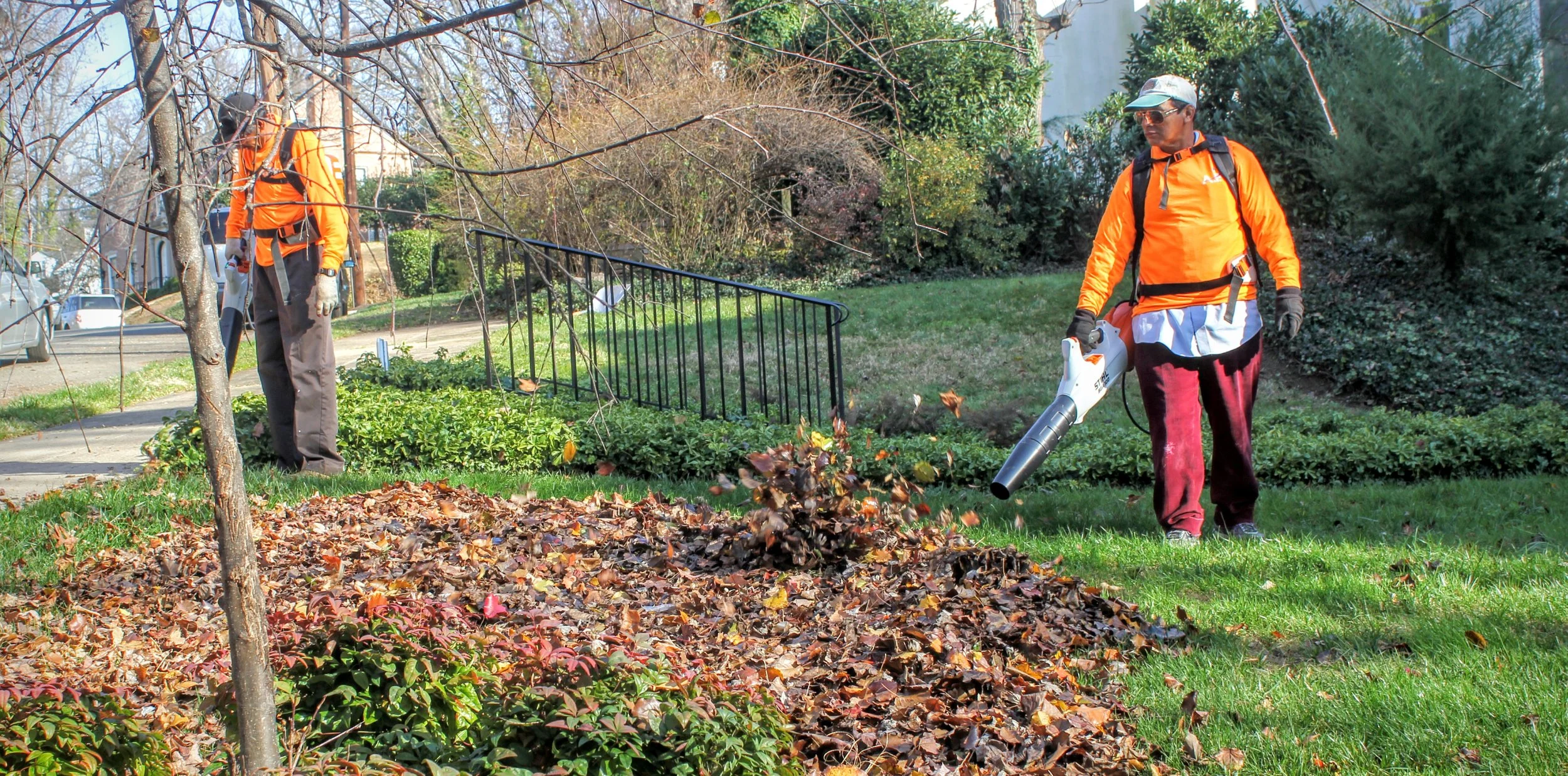From the D.C. Council Committee of the Whole Hearing on July 2, 2018. testimony from Hugh Allen
Allen: Thank you. Good afternoon. My name is Hugh Allen, and I'm here testifying on behalf of the Ward 3 Democratic Committee, which supports this legislation, and specifically I am also providing testimony of Debbie Shore, the president of the Ward 3 Democratic Committee. The Ward 3 Democrats is composed of over 90 Ward 3 Democratic activists, with representatives elected from each of the 18 precincts in the ward. We wish to thank Chairman Mendelson and the other members of this Committee of the Whole for the opportunity to provide this testimony. And specifically, we wish to thank Councilmember Mary Cheh, who's sponsoring this bill, and also her co-sponsors, Councilmembers Allen, Grosso, McDuffie, and Bonds.
Based on the factual information that we were provided on June the 4th, the Ward 3 Democrats passed unanimously a resolution which is attached to this testimony that I'm giving, and I encourage you to take an opportunity to read it. It's short and to the point. We support the leaf blower regulation. And this leaf blower bill will provide the use, and in most instances, prohibit the sale of gas-powered leaf blowers in the District of Columbia, as of January 1, 2022. And it will be a boon to the health of residents in the District as well as to any person previously operating gas-powered leaf blowers in the District who switches to another type, probably battery powered.
Now, what we've observed in considering this resolution is that gas-powered leaf blowers are extremely noisy. The noise from gas-powered leaf blowers is not only potentially painful, but possibly dangerous to the ears of people nearby. We just saw the example in the film. Also in this testimony, we would call to your attention an article in the Environmental Health Perspectives about environmental noise pollution and the United States developing an effective public health response. I'm going to stop here. Thank you for this opportunity. I'll be glad to answer any questions.
